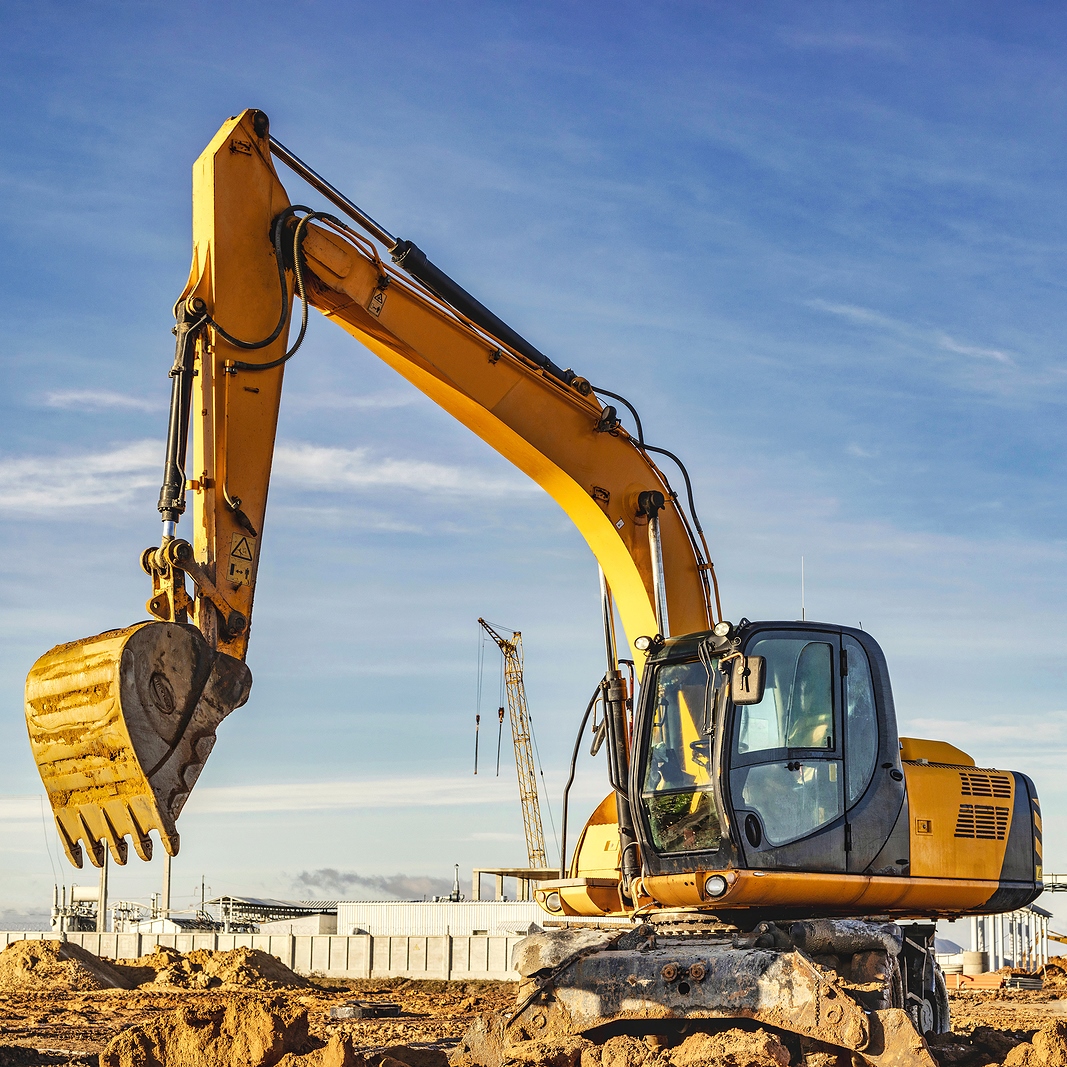You're considering a big excavation project, but you're not sure about the best way to get your hands on the heavy machinery necessary. One option you may want to consider is dry hiring an excavator.
Dry hire is when you rent equipment without an operator, a solution that provides several advantages, including flexibility and cost-effectiveness, especially if you're a skilled operator or have a competent team.
However, as with any heavy machinery, the process of excavator dry hire comes with its own set of responsibilities and safety precautions. It's important to consider how proficient and experienced you are before you commit to this kind of hire.
In this article, we'll go over everything you need to know about excavator dry hire, helping you make an informed decision about whether it's the right option for your project.
Advantages of Excavator Dry Hire
You'll find that one of the major advantages of excavator dry hire is the significant cost savings it provides, especially when you don't need an operator or additional services. Prices are quite simple: you only pay for the machinery you rent.
This means you're not footing the bill for an operator's wages, their insurance, or other overhead costs associated with full-service hires. If you're competent and licensed to handle the equipment, dry hire gives you the freedom to operate the machinery at your own pace and according to your own schedule, which can lead to further cost efficiencies.
Another upside of excavator dry hire is the flexibility it offers. You're not tied down to a single machine or model. Instead, you have the option to choose from a wide range of machines, each suited to particular tasks or project requirements.
The beauty of this flexibility lies in its ability to swiftly adapt to changes or unexpected circumstances right on the job site. And the icing on the cake? By opting for excavator dry hire, you are freed from the burdens of equipment depreciation and maintenance costs. It's no wonder this option is widely embraced for numerous projects.
Understanding the Process of Dry Hiring an Excavator
Diving into the realm of dry hiring an excavator, it's essential to grasp the entire process to ensure a smooth and efficient operation.
First, you'd have to identify the type and size of the excavator you need for your project. This depends on the scale of your work. Different types of excavators have different capabilities and are designed for specific tasks. For instance, a mini or compact excavator might be suitable for small-scale projects such as landscaping or digging trenches, while larger excavators are used for heavy-duty tasks like mining or road construction.
As soon as you've determined the appropriate excavator, the next steps involve:
1. Researching reputable dry hire companies and comparing their prices, terms, and conditions.
2. Checking the machine's condition before hiring. Ensure it's in good condition and has been maintained regularly.
3. Understanding the insurance and liability terms, as well as any potential additional costs like delivery and pick-up fees, fuel costs, or damage waivers.
Remember, dry hiring means you're only renting the equipment, not the operator. So, it's crucial that the person operating the excavator has the necessary skills and qualifications to do so safely and efficiently.
Safety Precautions and Responsibilities
Navigating the world of construction equipment leasing, it's imperative that safety precautions and responsibilities aren't taken lightly. When dry hiring an excavator, you're responsible not only for handling the machine correctly but also for ensuring the safety of everyone on the site.
This means you need to be familiar with the excavator's operation manual, follow all the safety guidelines, and perform regular checks and maintenance. It's also crucial to ensure that the operator is adequately trained and competent in handling the machine.
In addition, it's your responsibility to ensure that the excavator is used in a safe and legal manner. This includes steering clear of overhead power lines, maintaining a safe working distance from trenches and other excavations, and making sure that the excavator's weight doesn't exceed the ground's load-bearing capacity. If an accident occurs due to negligence, the hirer can be held liable. To help you better understand, here's a table outlining some crucial safety precautions and responsibilities.

Evaluating Your Skills and Experience
Before diving into the realm of construction equipment leasing, it's vital to honestly assess your skills and experience level. Excavators are complex machines, and handling them requires specific knowledge and expertise. If you're new to this, don't attempt to operate an excavator without proper training – it's not only risky, but it can also result in costly damages or accidents.
Alternatively, if you've been working in construction for years but haven't used an excavator before, you may need to get some training or guidance before taking the controls.
Even if you do have some experience, it's essential to remember that not all excavators are the same. Different models and brands can have unique operating systems and controls, which can be difficult to master without prior knowledge or training.
So, before you opt for excavator dry hire, make sure you're comfortable with the type and model of the excavator you plan to use. If you're unsure, reach out to the rental company – they should be able to provide you with the necessary information and guidance.
Final Thought
So, you've got the lowdown on excavator dry hire. You've learned about its advantages, the process, safety precautions, and your responsibilities. You've also evaluated your skills and experience to ensure that you're up for the task.
Now it's up to you to make an informed decision. Choose wisely and remember that hiring an excavator is a significant responsibility. Make sure you're fully equipped and ready to tackle every aspect before you take the plunge into this exciting endeavor.
